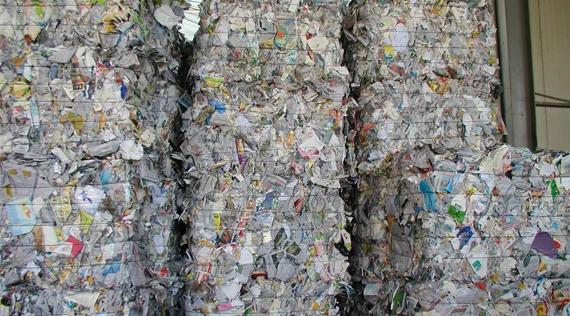
SEATTLE (Scrap Monster): A new report titled “No Time to Waste- Tackling the Plastic Pollution Crisis Before It’s Too Late” by Tearfund, Fauna & Flora International, WasteAid and The Institute of Development Studies highlights the need for tackling plastic pollution at the earliest.
As per estimates, the UK throws away two double-decker busloads of plastic waste in every 30 seconds. During the same time duration, nearly 30 double-decker busloads of plastic waste are either burned or dumped in developing countries and one person succumbs to death due to diseases caused by mismanaged waste.
According to the report, plastic pollution threatens the health and future of oceans and marine life. It pollutes water and soil and enters the food chain. Research indicates that between 400,000 and 1 million people in developing countries die every year due to diseases related to mismanaged waste. Plastic pollution also contributes to climate change. The burning of plastics releases pollutants that are harmful for living organisms.
ALSO READ: New Alliance Gives Big Boost to Plastic Recycling in Sub-Saharan Africa
The report identifies four groups- multinational consumer goods companies, developed country governments, developing country governments and citizens- who could play a crucial role in tackling plastic pollution crisis.
The multinational consumer goods companies must promote recycling of single-use plastics they sell and redesign their products to support 100% recyclability. The governments need to focus on investments to ensure collection and safe recycling of plastics. Moreover, citizens should voluntarily reduce use of single-use plastics and switch to sustainable alternatives.
| Copper Scrap View All | |
| Alternator | 0.32 (0.01) |
| #1 Copper Bare Bright | 3.77 (0.07) |
| Aluminum Scrap View All | |
| 356 Aluminum Wheels (Clean) | 0.73 (0.02) |
| 6061 Extrusions | 0.64 (0.02) |
| Steel Scrap View All | |
| #1 Bundle | 475.00 (0) |
| #1 Busheling | 495.00 (0) |
| Electronics Scrap View All | |